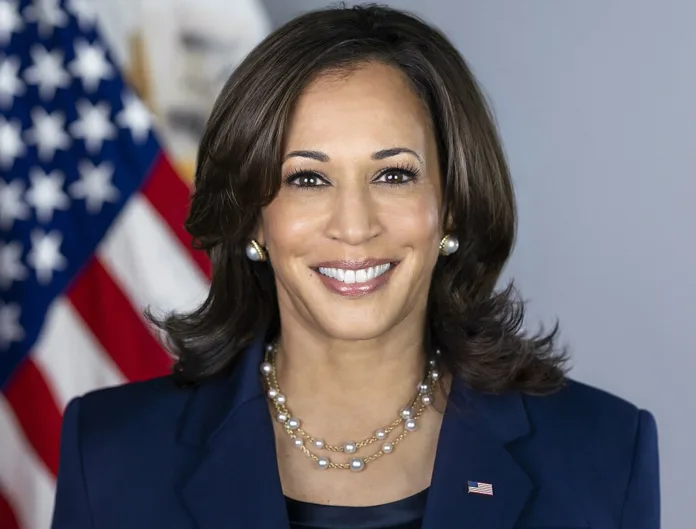Microphones will be muted when candidates are not speaking, with new debate rules set for September 10th showdown
The upcoming presidential debate on September 10, 2024, will follow the same microphone rules as previous debates: candidates’ microphones will be muted when they are not speaking. This decision came after a brief dispute between Vice President Kamala Harris’s and former President Donald J. Trump’s campaigns over the format.
Initially, Harris’s campaign sought changes to the debate format to potentially gain an advantage, arguing that muted microphones could disadvantage Harris by shielding Trump from direct exchanges. Brian Fallon, a top aide to Harris, expressed concerns that the format could prevent Harris from capitalizing on moments of interruption, similar to her 2020 vice-presidential debate with Mike Pence.
Embed from Getty ImagesTrump’s campaign, however, did not agree to alter the rules, preferring to keep the format consistent with prior debates. Trump himself stated that the microphone rules were not a major concern for him, reflecting a readiness to adhere to the established format.
The debate will be broadcast from the National Constitution Center in Philadelphia by ABC News and will include two commercial breaks. The format will feature no opening statements, with each candidate receiving two minutes to answer questions, two minutes for rebuttals, and an additional minute for follow-up responses. No pre-written notes will be allowed, although candidates can take notes on paper.
Both campaigns have agreed to the rules, which include provisions for handling interruptions. If a candidate consistently interrupts, their remarks may be relayed to the audience despite the microphone being off. Additionally, both candidates’ microphones may remain unmuted during cross-talk or discussion.
The debate will be conducted without a studio audience, but a press pool will be present to observe and report on the candidates’ exchanges when their microphones are not active.
Harris is preparing for the debate with several days of focused practice in western Pennsylvania, while Trump, who has indicated minimal preparation, views his ongoing engagement with current issues as sufficient preparation for the debate.
Analysis:
Political: The decision to mute microphones when candidates are not speaking aims to ensure a more controlled and orderly debate. The agreement on this format underscores the campaigns’ efforts to manage debate dynamics and avoid disruptions, which could influence voter perception and the effectiveness of each candidate’s arguments.
Social: The debate format and rules are likely to affect how candidates engage with each other and present their arguments. The presence of a press pool and provisions for handling interruptions highlight the importance of ensuring that each candidate’s message is conveyed clearly and fairly.
Racial: While the microphone rules themselves are not directly related to racial issues, the debate will address policies and positions that may have significant implications for racial and social equity. How each candidate handles interruptions and responds to questions could impact their appeal to diverse voter groups.
Gender: The debate will be a high-profile opportunity for Kamala Harris to make her case to voters, and the rules designed to manage interruptions may particularly affect her performance. As the first female vice president, Harris’s handling of the debate could influence perceptions of women in leadership roles.
Economic: The debate format and the candidates’ performances could have implications for economic policy discussions, particularly if it affects voters’ perceptions of each candidate’s ability to address economic issues effectively.
